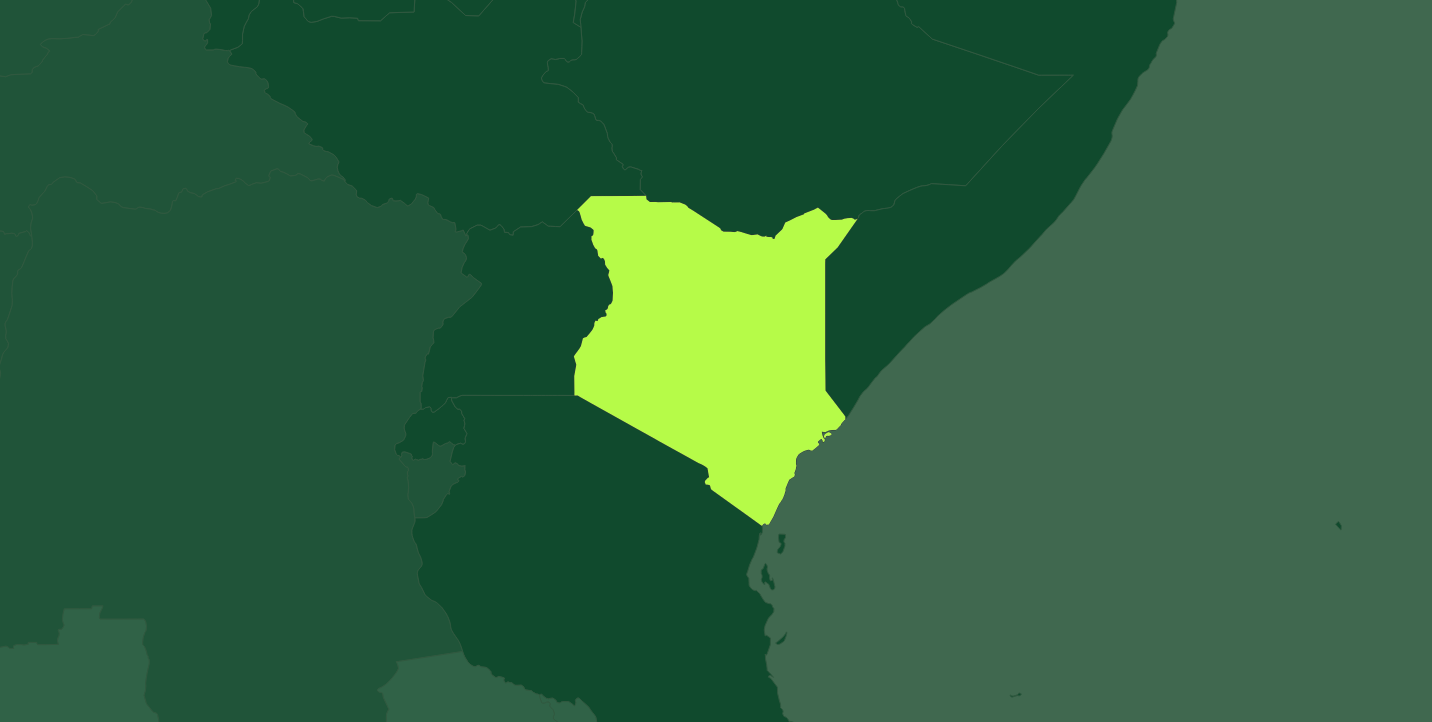The Endorois of Kenya: a pastoralist community faces irreparable harm
The Endorois Community have lived for centuries around the Lake Bogoria region in the South Baringo and Koibatek Administrative Districts of Kenya. In the 1970s, the Government of Kenya, without effectively consulting the Community, gazetted the Community’s traditional lands for the purposes of creating a game reserve. The Community were told by the Government to vacate the land and were forced to move. In doing so, not only were the Community’s property rights violated, but spiritual, cultural and economic ties to the land were severed. The Endorois people’s health, livelihood, religion and culture are all intimately connected with their traditional land, as grazing lands, sacred religious sites and plants used for traditional medicine are all situated around the shores of Lake Bogoria. Under Kenyan Law, the region was designated Trust Land; land to be held for the benefit of the Community by local authorities. In the creation of the game reserve, the Government of Kenya, disregarded national law, Constitutional provisions and, most importantly, numerous African Charter Articles, including the right to property, free disposition of natural resources, the right to religion, the right to cultural life and the right to development.
At the present time the Community live in a number of locations on the periphery of the reserve, being forced from fertile lands to semi-arid areas, divided and displaced from their traditional lands. Access to the Lake Bogoria region is not of right for the Community and the Government continues to deny the Community effective participation in decisions affecting their land, in violation of their right to development.
Over the course of 30 years, the Community have brought the situation to the attention of the Government on numerous occasions, most importantly in a High Court Constitutional Case in the year 2000. In this case the Community argued that, by creating the game reserve, the County Council breached Trust Land provisions of the National Constitution. The High Court of Kenya in Nakuru ruled against the Community.
Despite these efforts at domestic recourse, the Community is still unable to access the land as of right and is denied effective participation in decisions affecting it. The Community has not even received adequate compensation, as required by both national and international law, from the Government for the loss of land.
Minority Rights Group International (MRG) are working closely with a Kenyan based NGO (the Centre for Minority Rights Development), and the community itself, in order to obtain justice for the Endorois. Restitution of land, encompassing the giving of effect to their traditional rights to dwell on, access and benefit from the land, is the priority for the Endorois community.
A communication was filed before the African Commission for Human and Peoples’ Rights in August 2003. The communication was seized during the Commission’s 34th Ordinary Session in November 2003, and is now pending on admissibility. Under the Commission’s rules of procedure, it is empowered to take action in the form of Provisional Measures to avoid irreparable damage being caused to the victim of an alleged violation. In view of imminent mining activities that would cause irreversible damage to Endorois traditional land, MRG and the Centre for Minority Rights Development requested, during the Commission’s 35th Ordinary Session, that these measures be adopted. A favourable result is anticipated in view of the African Commission’s commitment to fully address the rights of indigenous communities such as the Endorois, as evidenced by the adoption of a Resolution on the Rights of Indigenous Populations/Communities in Africa in 2003. This important report offers the Commission a valuable basis upon which to extend its understanding and treatment of indigenous and collective rights, including economic, social and cultural rights.
Notes for editors
For more information, contact the MRG Press Office on [email protected].
